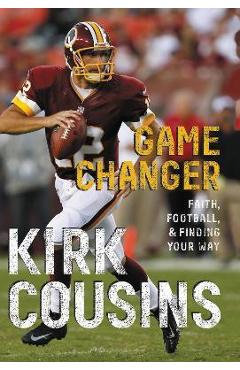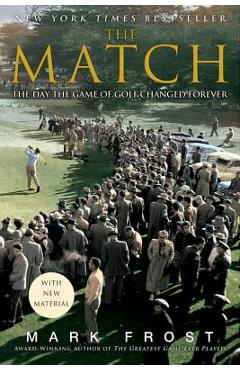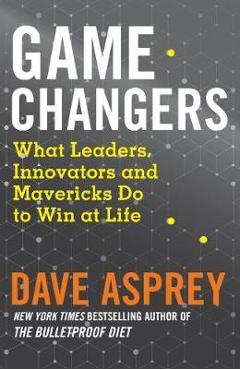Game Changer - Fergus Connolly

Detalii Game Changer - Fergus Connolly
libris.ro
348.78 Lei
387.53 Lei
Health & Fitness
Fergus Connolly
Game Changer - Fergus Connolly - Disponibil la libris.ro
Pe YEO găsești Game Changer - Fergus Connolly de la Fergus Connolly, în categoria Health & Fitness.
Indiferent de nevoile tale, Game Changer - Fergus Connolly din categoria Health & Fitness îți poate aduce un echilibru perfect între calitate și preț, cu avantaje practice și moderne.
Preț: 348.78 Lei
Caracteristicile produsului Game Changer - Fergus Connolly
- Brand: Fergus Connolly
- Categoria: Health & Fitness
- Magazin: libris.ro
- Ultima actualizare: 28-10-2025 01:22:05
Comandă Game Changer - Fergus Connolly Online, Simplu și Rapid
Prin intermediul platformei YEO, poți comanda Game Changer - Fergus Connolly de la libris.ro rapid și în siguranță. Bucură-te de o experiență de cumpărături online optimizată și descoperă cele mai bune oferte actualizate constant.
Descriere magazin:
Team sports like football, basketball, soccer, and rugby are hugely popular the world over, on both college and professional levels, and such popularity means that they are big business. Very big. Broadcasting rights alone bring in billions: ESPN paid $5.6 billion to broadcast college football playoffs for twelve years; Turner Sports/CBS shelled out $10.4 billion to show the national college basketball tournament through 2024; and the most recent NBA TV deal came in at a cool $26.4 billion. As the rewards for winning have increased, it\'s no surprise that sports team budgets have followed suit. Sure, the athletic program at the University of Texas brought in $161 million last year, but the Longhorns also spent $154 million over the same period. Fifteen other college athletics program also racked up over $100 million in annual expenses. But that\'s child\'s play compared to the outgoings at the world\'s most valuable soccer team, Manchester United, which spent more than $500 million in 2015. The trouble is that all this spending often fails to yield better results. Teams in all sports have tried just about every gimmick to hack their way to better performance. But as they\'ve gotten stuck in stats, mired in backroom politics, and diverted by the facilities arms race, many have lost sight of what should\'ve been their primary focus all along: the game itself. In Game Changer, Fergus Connolly shows how to improve performance with evidence-based analysis and athlete-focused training. Through his unprecedented experiences with teams in professional football, basketball, rugby, soccer, Aussie Rules, and Gaelic football, as well as with elite military units, Connolly has discovered how to break down the common elements in all sports to their basic components so that each moment of any game can be better analyzed, whether you\'re a player or a coach. The lessons of game day then can be used to create valuable learning experiences in training, evaluate the quality of your team\'s performance, and home in on what\'s working and what isn\'t. Game Changer also shows you how to expand training focus from players\' physical qualities to also advance athletes technically, tactically, and psychologically. His TTPP Model not only helps players continually progress but also stops treating them like a disposable commodity and instead prioritizes athlete health. Bringing together the latest evidence-based practices and lessons from business, psychology, biology, and many othe

Produse asemănătoare

3-D Negotiation: Powerful Tools to Change the Game in Your Most Important Deals - David A. Lax
![]() libris.ro
libris.ro
Actualizat in 28/10/2025
195.3 Lei

Game Changer: Faith, Football, & Finding Your Way - Kirk Cousins
![]() libris.ro
libris.ro
Actualizat in 28/10/2025
77.32 Lei

Colin Kaepernick: Change the Game (Graphic Novel Memoir) - Colin Kaepernick
![]() libris.ro
libris.ro
Actualizat in 28/10/2025
83.65 Lei

The Match: The Day the Game of Golf Changed Forever - Mark Frost
![]() libris.ro
libris.ro
Actualizat in 28/10/2025
111.55 Lei
Produse marca Fergus Connolly

59 Lessons: Working with the World\'s Greatest Coaches, Athletes, & Special Forces/Fergus Connolly
![]() elefant.ro
elefant.ro
Actualizat in 23/03/2021
133.99 Lei

